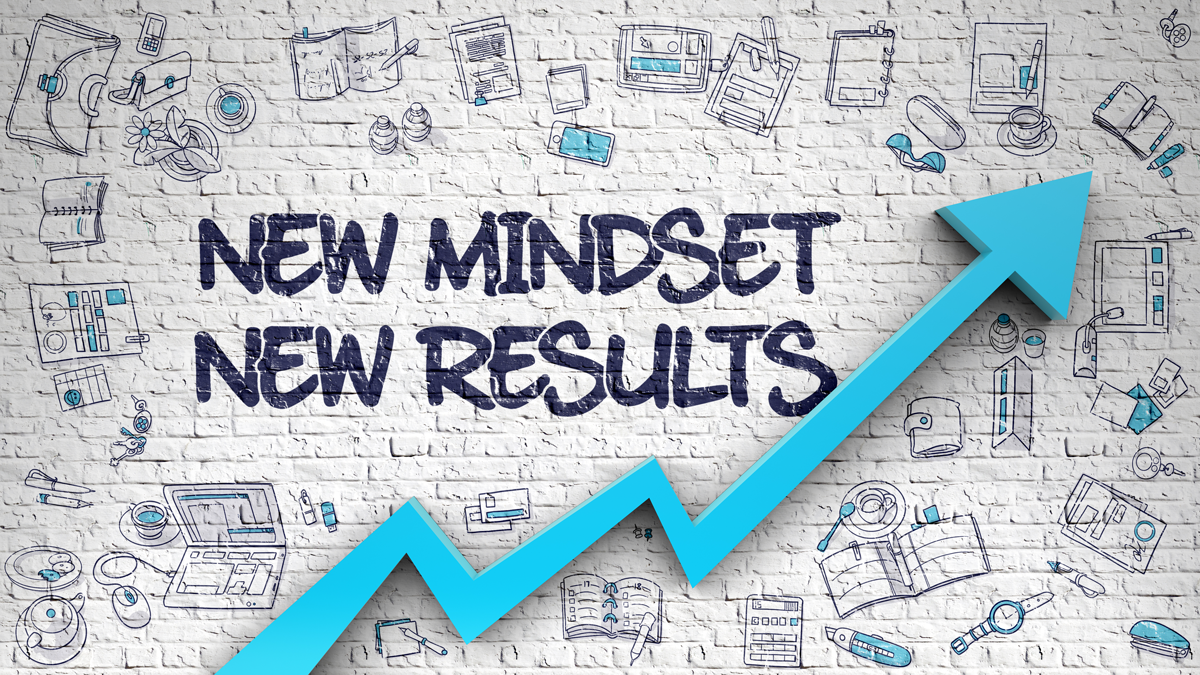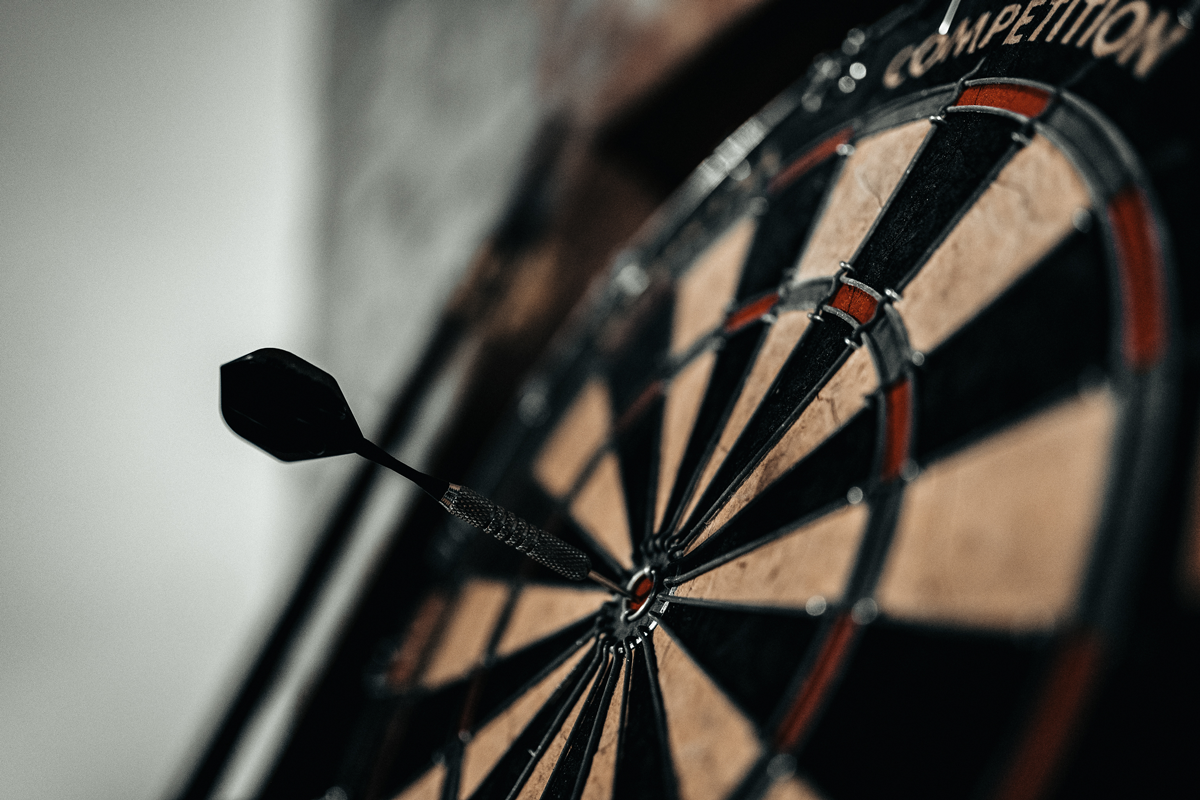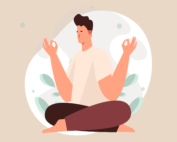All posts about Personal Growth
Self-Management Part 4 – Dreams – Goals – Results
In the blog post Self-Management Part 3, we have defined the areas in our lives where we want to improve. Now we have to think about what exactly we want to achieve. What is our lifelong dream?...
Self-Management Part 3 – Categories of Improvement – Categories in which we want to improve
We have created our Wheel of Life in Self-Management Part 1 and we have realized which areas of life we need to work on. This time, we are going to concentrate on the individual areas of the Wheel of Life that we want to improve...
Self-Management Part 2 – Time Management with the Time Targets
In order to live a fulfilled life, I need to focus on the things that are really important and that help me move forward in my life. And I have to spend less time on things that slow me down or distract me. In order to achieve this,...
Archive
The positive effects of nasal breathing
For years, I have known from the field of yoga that nasal breathing plays an important role. The mucous membranes of the nose enrich the air with moisture and filter out dust particles from the air which is inhaled. In addition to that, the airway through the nose is longer and by filtering and simultaneously warming the inhaled air, the risk of catching a cold is reduced. But nasal breathing also has a positive effect on our sleep and fitness training. In the following blog post, I will tell you which effects those exactly are and how nasal breathing has personally helped me.
5 reasons why you should learn an instrument in your adulthood
For those who love music and simply want to be in the thick of it, there is no "wrong" age. Any age is the right age to learn an instrument. We've had students who were 80 years old when they started learning their instrument and really enjoyed it.
Feeling music – how deaf people perceive music and what it can actually do
Spontaneously, we associate music with the sense of hearing. At the same time, we can also experience music with other senses. We are trying to make use of this in our early musical education. In our lessons, children should perceive music holistically, they should not only hear it but also feel it. And of course deaf people can also perceive, experience and make music. They can feel the music and concentrate on the vibrations. Because music doesn't just land in our auditory canal, it flows through our body and triggers certain emotions.







